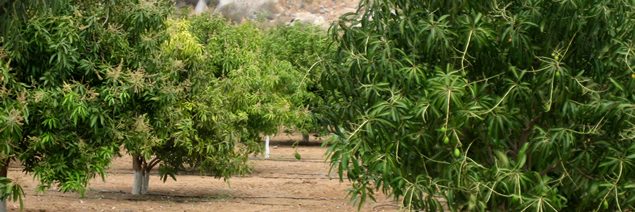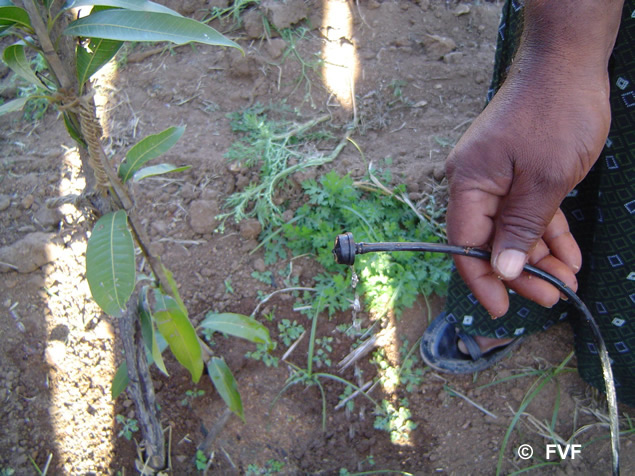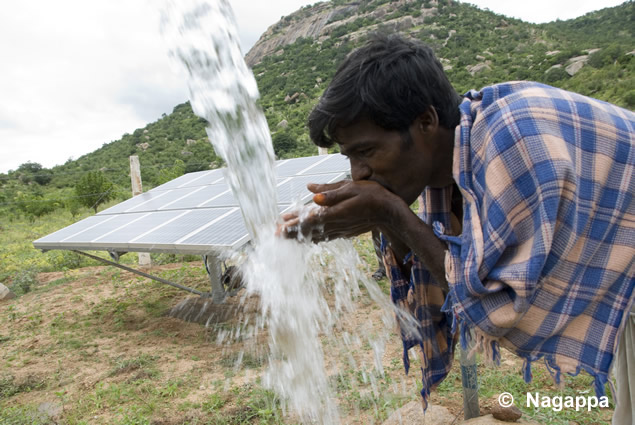Andhra Pradesh State. Area of Mudigubba, in the Bathalapalli region, India
In collaboration with

December 2011 – December 2012
We facilitate water use and improve the productivity of 220 small farmer families.
Objectives
- Creation of infrastructure that ensures the availability of water for effective irrigation systems.
- Generate a sufficient job offer so that the most disadvantaged remain in their villages and are not forced to emigrate.
Beneficiaries
1,100 direct
220 families

On the ground
The area has scarce and irregular rainfall and insufficient water management infrastructure.
For the majority of people living in the state of Andhra Pradesh, agriculture is only a means of subsistence and most work as day labourers. Rainfall in this area of India is scarce and irregular. This, together with insufficient infrastructure for water management, means that many landowners decide not to farm their land, given the high maintenance costs and low chances of success. The lack of work forces the poorest inhabitants of the area to emigrate to big cities, causing family breakdown, school drop-out and uprooting.

In detail
Agriculture is the main occupation in the area, but due to the continuing lack of rain, it has become quite unprofitable. There has been a rapid decline in groundwater resources because the monsoons have only come every other year.
Installation of systems for efficient irrigation will begin once more water is made available, which will be achieved by building a reservoir.
Drip irrigation is a method of constantly watering the plant drop by drop, close to the root. This method reduces the amount of water lost through leakage and evaporation. Instead of applying fertilizers to the ground near the plant, they are mixed into the water and delivered drop by drop to the root, achieving greater effectiveness and improved quality of harvests. This method also uses up to 75% less water, which can be used to irrigate new growing areas.
The rural population in most of the state of Andhra Pradesh cannot afford to waste the precious water they get during the rainy season, which is why drip irrigation is the most efficient method for horticulture.
Drip irrigation offers the following specific advantages:
- Proven water savings
- Improved crop yields
- More efficient use of fertilizers
- Used to administer pesticides, improving resistance against pests
- Reduced weed growth
- Energy savings from less pumping and reduced labour costs
- Suitable for marginal lands and those with lower water quality
- Maintained soil quality and improved land productivity as a result.


